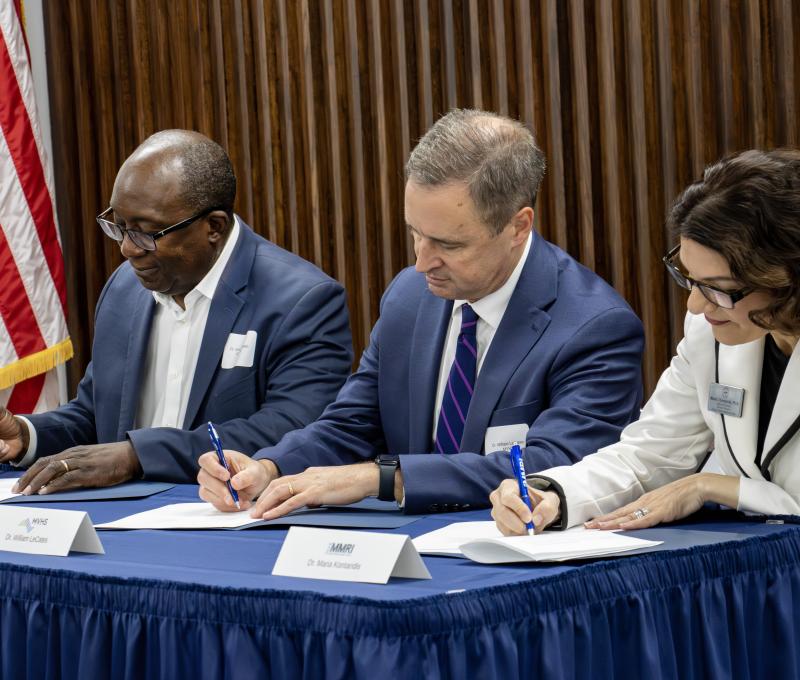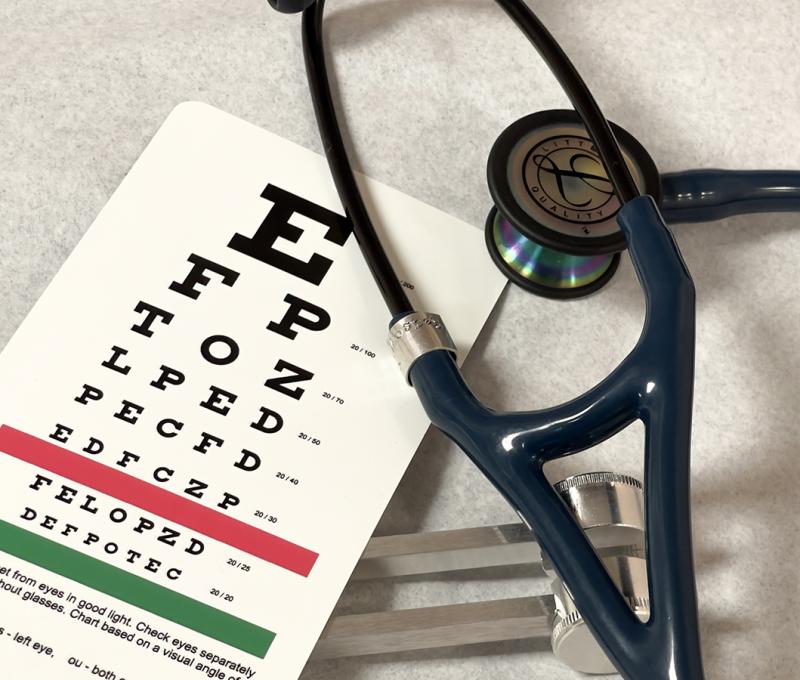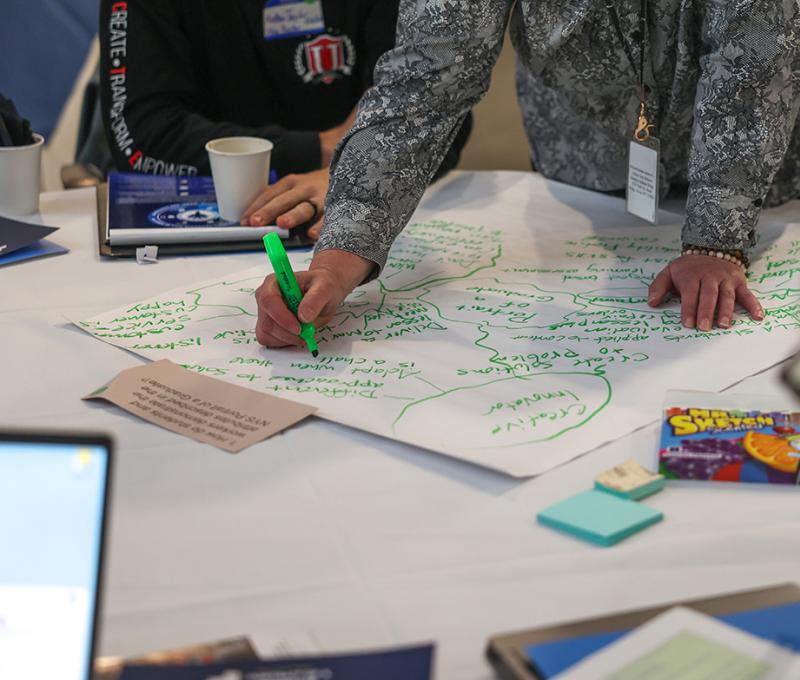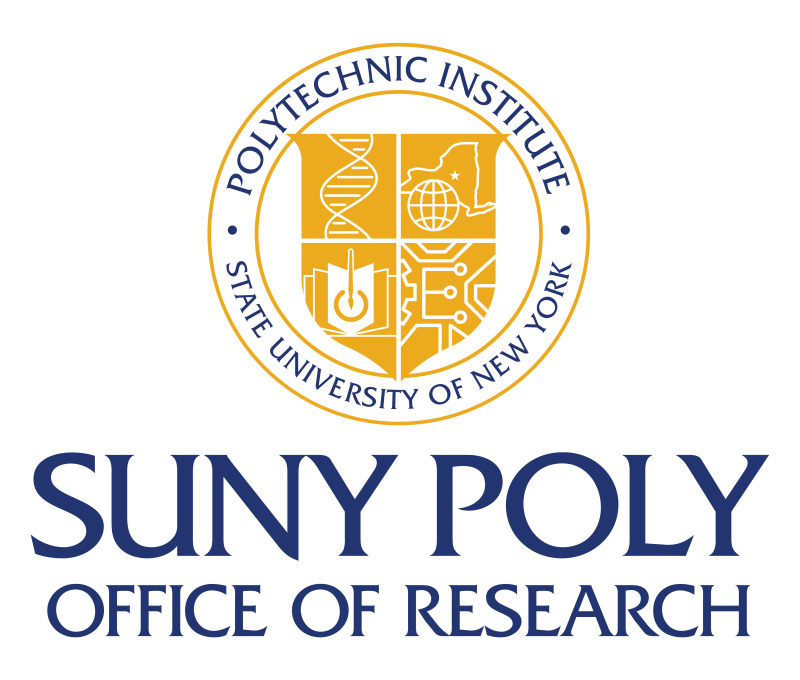News Release: SUNY Poly Professor Awarded $1,768,000 by Rome-Based Air Force Research Laboratory to Develop Next-Gen Computing Systems

For Release: Immediate – April 3, 2019
Contact: Steve Ference, Director of University Communications | (518) 956-7319 | sference@sunypoly.edu
AFRL grant supports SUNY Poly research into power-efficient devices that can overcome
current performance limitations by using human brain-inspired computing hardware
ALBANY, NY – SUNY Polytechnic Institute (SUNY Poly) announced today that Professor of Nanobioscience Dr. Nate Cady has been awarded $1,768,000 in funding from the Rome-based Air Force Research Laboratory (AFRL) to enable future generations of computing systems by using memristors (or “memory resistors”), which are nanoscale electronic switching devices that act like synapses in the human brain. This will allow Dr. Cady and his research team to fabricate an overall hardware architecture and capability which can lead to computing that can be as much as 1,000 times as powerful as is currently available.
Supporting educational opportunities for a number of SUNY Poly students, this research will leverage the institution’s world-class 300mm and 200mm fabs and research labs, in order to provide neuromorphic computing power that meets stringent Air Force requirements for applications such as unmanned aerial vehicles (UAVs), aircraft, satellites, and other deployable autonomous systems.
“On behalf of SUNY Poly, I am thrilled to congratulate Professor Cady on this latest grant from the Air Force Research Laboratory. It showcases the high-impact research our faculty conducts, as well as our world-class fabrication capabilities that are advancing next-generation computing while addressing power consumption challenges to enable autonomous and deployable systems that can enhance our nation’s security and improve a number of the technologies we use each day,” said SUNY Poly Interim President Dr. Grace Wang. “This significant AFRL award is the most recent testament to SUNY Poly’s meaningful research, providing exciting opportunities for students to learn how these devices are fabricated.”
Dr. Cady’s “Fabrication of Efficient Reconfigurable Neuromorphic Systems” research aims to address the significant slowdown that has taken place in the expected performance improvements that are gained from scaling computer chips to smaller and smaller sizes. It also looks to improve power consumption, which can often be a critical limiting factor for device performance. Dr. Cady’s research will focus on avoiding the “von Neumann bottleneck,” which currently results from the processor and memory being located separately. This separation creates a limit on data throughput. However, by combining storage and computation on the same device, the bottleneck can be avoided. Dr. Cady’s research focuses on integrating logic and memory to achieve so-called “compute in memory” operations, which are similar to how the human brain functions. These neuro-inspired computer architectures can also perform computing tasks by breaking down information into low voltage “spikes,” which saves power and enables the chips to “learn on the fly.”
As a result of this increased computing capacity, these neuro-inspired computer architectures may be particularly well suited to handle problems requiring techniques and systems that can capture knowledge from an abundance of data. For example, they could be highly relevant for advancing the internet of things, as well as a number of deployable, autonomous systems by capitalizing not only on its computing power, but also by seeking approaches that lead to low-power, reconfigurable, high-efficiency brain-inspired computing capabilities.
Furthering SUNY Poly’s hands-on approach to providing a targeted, high-tech education, Dr. Cady’s research will support a SUNY Poly Postdoctoral researcher and graduate students, as well as a number of undergraduate students who will be able to learn first-hand how to develop and fabricate the memristive neuromorphic structures.
“This grant is a perfect example of how our faculty’s cutting-edge research can help to tackle challenges such as computing bottlenecks and address them through the use of innovative solutions, which are possible through the use of SUNY Poly’s advanced facilities and resources,” said SUNY Poly Interim Provost Dr. Steven Schneider. “This announcement is also impactful for a number of our students who will be able to gain the unique opportunity to work on these devices and obtain unmatched lab and fab experience.”
“I congratulate Dr. Cady on this high recognition of his memristor-based neuromorphic research efforts, which are a wonderful example of how SUNY Poly’s faculty members are working toward solutions for some of the great technological challenges of our time while creating valuable opportunities for our students who are able to learn skills that will help them succeed in research-focused careers,” said SUNY Poly Interim Dean of the College of Nanoscale Sciences; Empire Innovation Professor of Nanoscale Science; and Executive Director, Center for Nanoscale Metrology Dr. Alain Diebold.
“The Air Force Research Lab Information Directorate looks forward to collaborating with SUNY Poly in research and development of hybrid CMOS/memristor processes that will enable powerful neuromorphic and other architectures with enhanced capabilities for Air Force systems. The advanced manufacturing capabilities at SUNY Poly further allow for rapid prototype development and fielding to the warfighter, which is critical for the Air Force rapid acquisition system,” said Joseph E. Van Nostrand, Principal Electronics Engineer, AFRL/RITB, and program manager.
“I am grateful to the AFRL for supporting our research which now represents a successful transition from the first memristive devices that were developed at SUNY Poly using the state-of-the-art resources available here, to developing an actual product—a functional neuromorphic computer chip,” said Dr. Cady. “A key challenge that our research seeks to overcome is how to improve memristor performance from the standpoint of reliability and power consumption. I look forward to working on the full integration of our memristive devices into a full processor to implement low-power neuromorphic computation that is also capable of high accuracy.”
More specifically, researchers will focus on addressing resource-constrained systems with limited size, weight, and power through the use of these lightweight neuromorphic networks. This will be achieved by leveraging SUNY Poly’s ongoing work on memristive dynamic adaptive neural network arrays (mrDANNA), where optimally performing neuron/synapse configurations will be selected and a fully functional memristive neuromorphic processor will be fabricated. This device will be capable of efficiently implementing command/control, navigation and avoidance, as well as other spatio-temporal data processing applications. During this three-year grant, Dr. Cady’s research team will also collaborate on certain aspects of this research with The University of Texas, Knoxville.
This follows an announcement in Fall 2018 that Dr. Cady was awarded $500,000 in funding from the National Science Foundation to develop advanced computing systems based on a novel approach to the creation of non-volatile memory architecture.
####################
About SUNY Polytechnic Institute (SUNY Poly)
SUNY Poly is New York’s globally recognized, high-tech educational ecosystem. SUNY Poly offers undergraduate and graduate degrees in the emerging disciplines of nanoscience and nanoengineering, as well as cutting-edge nanobioscience and nanoeconomics programs at its Albany campus, and undergraduate and graduate degrees in technology, including engineering, cybersecurity, computer science, and the engineering technologies; professional studies, including business, communication, and nursing; and arts and sciences, including natural sciences, mathematics, humanities, and social sciences at its Utica/Rome campus; thriving athletic, recreational, and cultural programs, events, and activities complement the campus experience. As the world’s most advanced, university-driven research enterprise, SUNY Poly boasts billions of dollars in high-tech investments and hundreds of corporate partners since its inception. For information visit www.sunypoly.edu.








